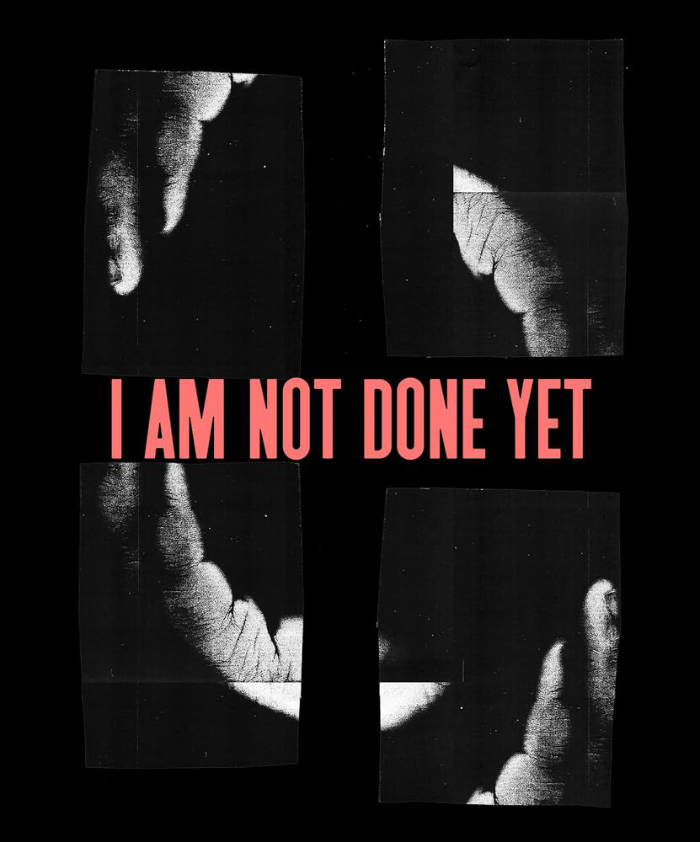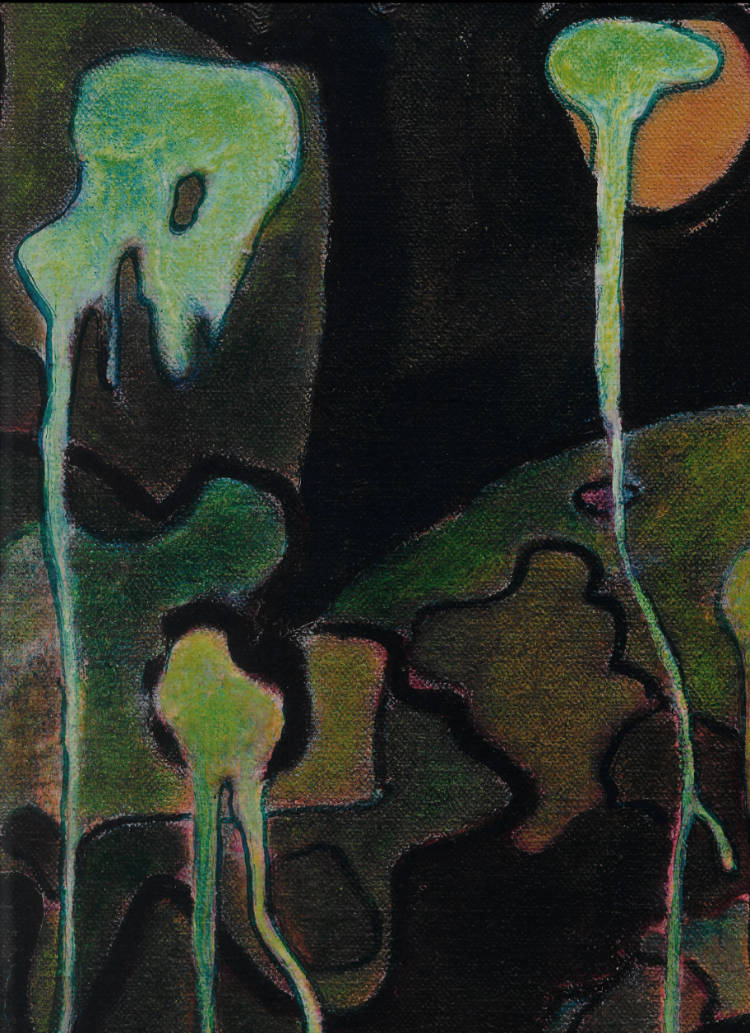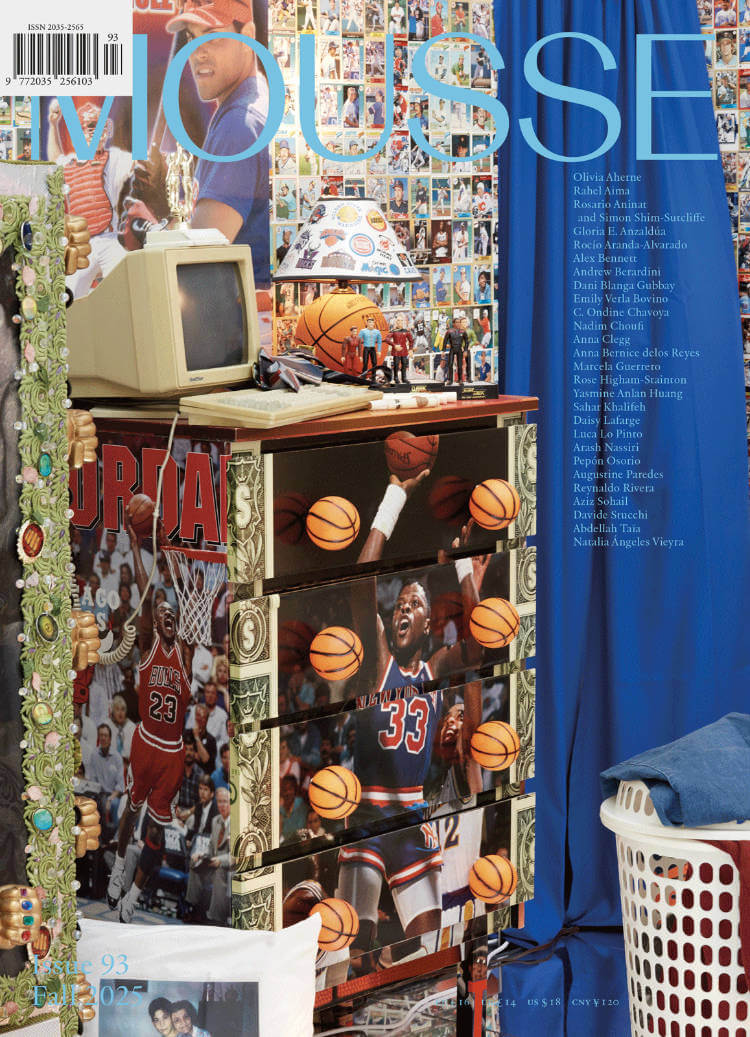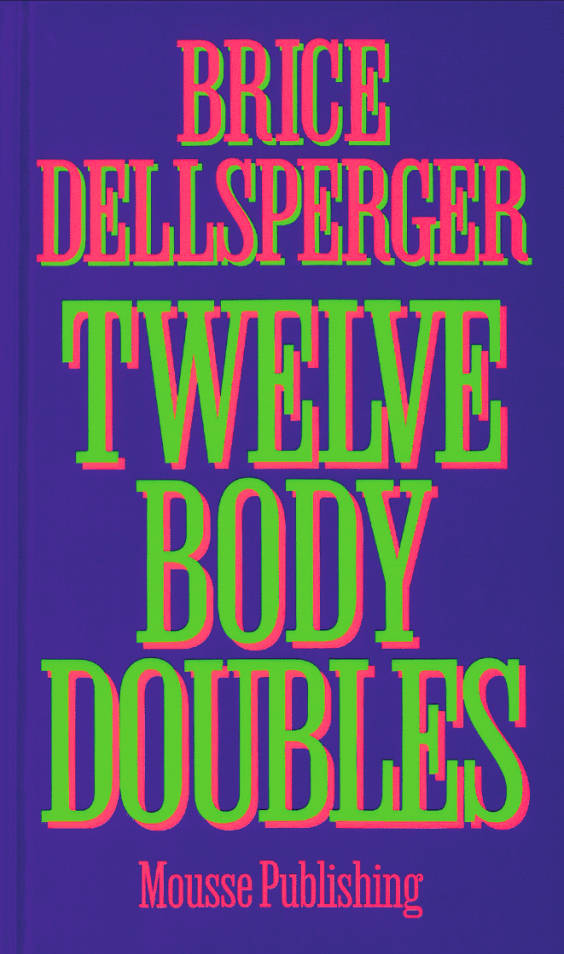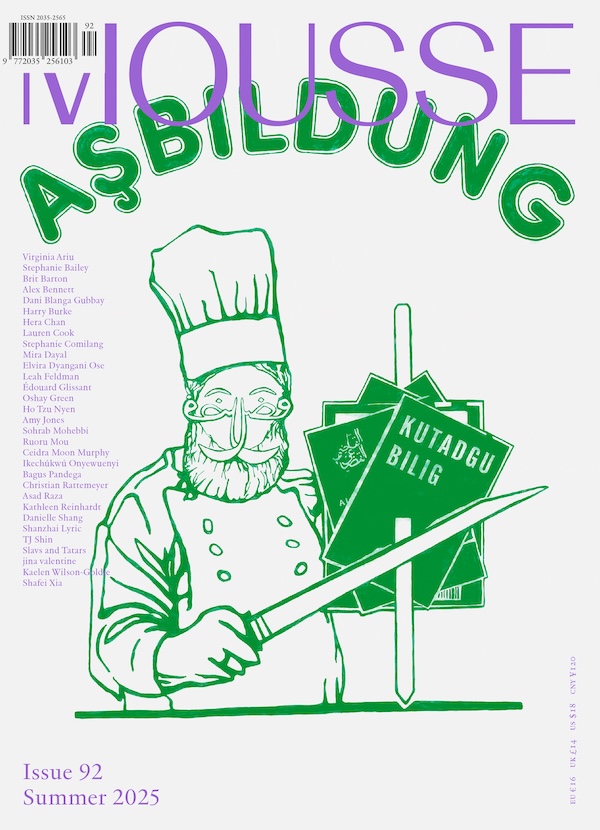
A Hypothesis of Resistance
A Hypothesis of Resistance contains five essays on Asynchronicity, Rehearsal, Undetectability, The Present Tense, and Duration. Each attempts to resist the doctrine of "performance," the symptom of a society, stratified by how we perform—economically, socially, digitally. As we become ripe for consumption, caught in an economy of perpetual readiness, basic needs remain unmet and it is increasingly difficult to tell the difference between what is alive and what is dead.
Cally Spooner (born 1983 in Ascot, UK, lives and works in London and Turin) is an artist who exhibits performances that unfold across media—on film, in text, as objects, through sound, and as illustrated in drawings.
Exhibiting performances that unfold across media—on film, in texts, as objects, though sounds, and as illustrated in drawings—Cally Spooner addresses the manners in which specific technological and financial conditions shape and organize life. With artworks that feature olive oil soap, WhatsApp messages, the voice of a business, the sound of a head cold, eroding support structures, a child development theorist, a poisoning, and an oversize graph, Spooner's work crystallizes an absurd contemporary ecosystem in which entities run the risk of managing themselves and one another to death.
